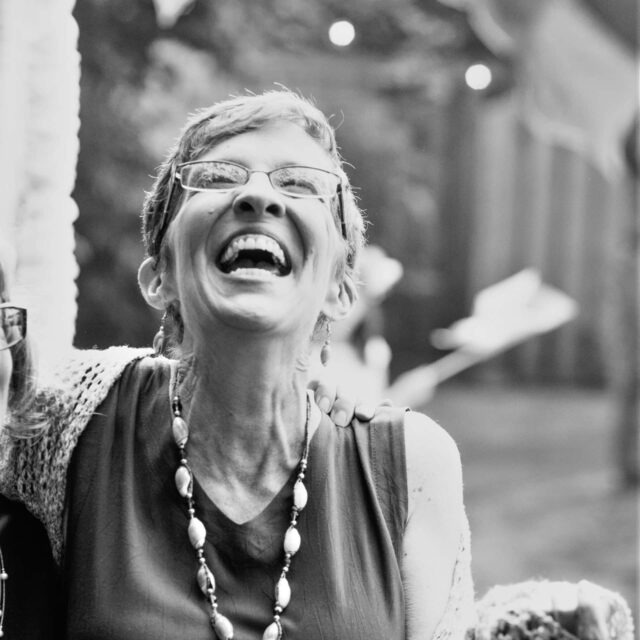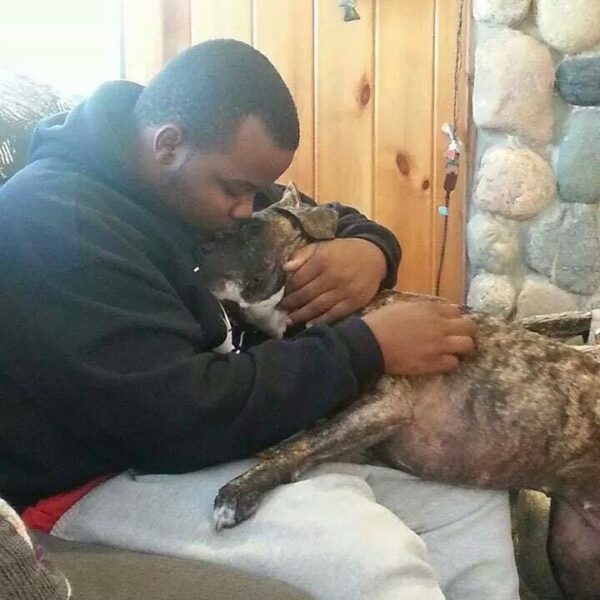In the mid-1980s, I was living in rural Tennessee with my then-husband, who was mentally and physically abusive. When I was seven months pregnant, he threw me across the room where I ended up crumpled on the floor, holding my belly. Another night, he threatened to shoot me, the people I loved, and then himself. He only had to pull the trigger. Instead of becoming another homicide statistic, I fell to my knees and begged an emotionally imbalanced man in an explosive rage to put down the gun. Miraculously, he did.
At that time, domestic violence was barely recognized as a crime. I felt trapped. I knew if I reported him, my claims might be dismissed as a lover’s quarrel. Like so many people in abusive relationships, I still wanted to love him, but it was only a matter of time before he carried out his threats.
Leaving an abusive partner might sound like the safest option in theory, but in fact it is the most dangerous time when victims are most likely to be shot, assaulted, raped and murdered. You fear for your life and your children. You fear for the life of other people. For example, you will often find evidence of domestic violence in the background of mass shooters.
Leaving an abusive partner might sound like the safest option in theory, but in fact it is the most dangerous time when victims are most likely to be shot, assaulted, raped and murdered.
I knew that when I left, he would come after me. If I tried to break away, I would have to go a long, long way. I had to find a safe place where he could not easily reach me or even find me. I would be leaving behind everything and everyone I loved, but he didn’t leave me a choice.
I took my five-month-old daughter, and I ran. I ran and ran and ran until about a week later, we were 2,500 miles away in Seattle, Washington.

For a long time, I blamed myself for being a victim and endured crushing shame. Maybe I was as filthy, stupid, sinful and useless as my ex-husband said. Maybe I deserved the harsh words and the violence. That’s what abusers do: They wear you down to the point where you begin doubting your own thoughts and actions, and don’t really know yourself anymore.
Eventually, with a lot of support, I built a new life for myself and my daughter in Seattle. We survived.
But twenty years later, we found ourselves in the midst of yet another extremely dangerous predicament when my daughter wanted and needed to escape an abusive partner. She had only been dating this man for a few months, but the relationship quickly turned very violent. It was at that moment that I decided enough was enough. I simply could not allow domestic violence—particularly violence against women—to be ignored or tolerated.
I began volunteering with the Seattle Police Victims Support Team doing lethality assessments for victims who needed immediate assistance and resources. Since domestic violence victims are five times more likely to die when a gun is involved, guns are a big part of these assessments. Even when the trigger is never pulled, the constant threat can be a psychological weapon inflicting repetitive unseen wounds with long-lasting impacts.

I also began telling my story and my daughter’s story in order to raise awareness about the impact of domestic violence and gun violence on our neighborhoods, our children, and our nation as a whole. I joined the Everytown Survivor Network to advocate, alongside other survivors, for laws that keep guns out of the hands of domestic abusers.
Reducing violence is both a public safety and public health imperative. Everyone deserves to be safe—in their home, on the street, at school and at music concerts. That’s a universal truth. Our country needs to start focusing on that truth if we are truly going to be a free society.
Implementing common-sense gun laws is one vitally important way to help ensure the safety of Americans. In fact, in states that require criminal background checks on all gun sales, 47 percent fewer women are shot to death by their intimate partners. Saving lives matters. I am passionately committed to helping achieve that goal, and I hope other survivors of domestic violence and gun violence can raise their voices and join me.
If you or someone you know is in crisis, contact the National Domestic Violence Hotline at 1-800-799-SAFE (7233) for free and confidential emotional support from a local crisis center, 24 hours a day, 7 days a week.





